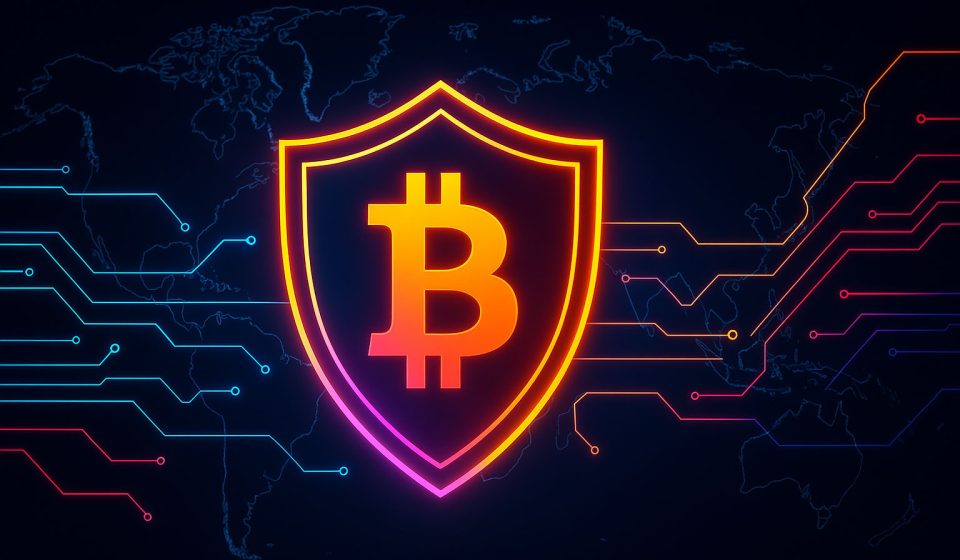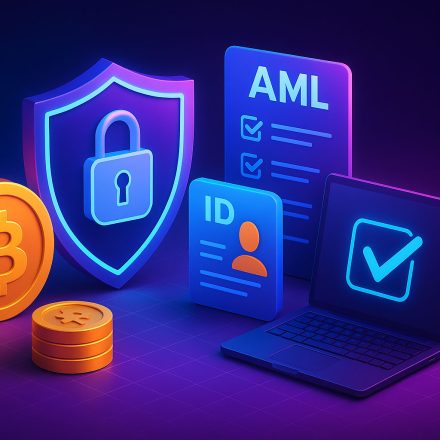
🌍 How Different Countries Regulate Cryptocurrency
Cryptocurrency has grown into a global financial force—but governments around the world are still figuring out how to regulate it. From outright bans to pro-innovation frameworks, how different countries regulate cryptocurrency shapes the way investors, exchanges, and developers operate in each region.
Table Of Content
- 🧭 Why Crypto Regulation Matters
- 🇺🇸 United States: Complex & Evolving
- 🇪🇺 European Union: Structured but Cautious
- 🇸🇬 Singapore: Pro-Crypto with Strict Licensing
- 🇯🇵 Japan: Regulated and Licensed
- 🇸🇻 El Salvador: Bitcoin as Legal Tender
- 🚫 Countries with Crypto Bans or Severe Restrictions
- 🧩 The Global Trend: Toward Unified but Varied Regulation
- 🔚 Wrapping Up
- 🧠 Quick Recap
Whether you’re a trader, project founder, or simply curious, understanding how regulations vary by country can help you navigate the crypto world more safely and strategically.
🧭 Why Crypto Regulation Matters
Cryptocurrencies were created to operate independently of traditional institutions—but as their usage and value have soared, governments have stepped in to address:
- 📜 Investor Protection
- 💰 Money Laundering & Tax Evasion
- 🧾 Tax Compliance
- 🛡️ Financial System Stability
Some nations embrace digital assets as economic opportunities, while others see them as threats to monetary sovereignty.
🇺🇸 United States: Complex & Evolving
The U.S. crypto regulatory landscape is fragmented, with multiple agencies involved:
- SEC (Securities and Exchange Commission): Treats many crypto assets as securities.
- CFTC (Commodity Futures Trading Commission): Oversees crypto derivatives and considers Bitcoin a commodity.
- FinCEN (Financial Crimes Enforcement Network): Enforces anti-money laundering (AML) regulations.
- IRS (Internal Revenue Service): Requires reporting of crypto gains and losses.
While innovation is strong in the U.S., lack of clarity and inconsistent enforcement has led to legal uncertainty for companies and developers.
🇪🇺 European Union: Structured but Cautious
The EU has taken a more unified and forward-looking approach:
- MiCA (Markets in Crypto-Assets Regulation): A comprehensive framework for crypto asset regulation across member states, set to take full effect in 2024–2025.
- Focuses on consumer protection, environmental disclosures, and stablecoin oversight.
- Provides licensing guidelines for crypto service providers.
MiCA offers greater clarity than U.S. policy, but also introduces significant compliance obligations.
🇸🇬 Singapore: Pro-Crypto with Strict Licensing
Singapore is seen as one of the most crypto-friendly hubs in Asia. Its regulator, the Monetary Authority of Singapore (MAS):
- Offers clear licensing for crypto exchanges and wallet providers.
- Requires compliance with AML and Counter-Terrorism Financing (CTF) laws.
- Encourages innovation in blockchain finance but has cracked down on retail crypto speculation.
This balance has made Singapore a magnet for blockchain startups and institutional players alike.
🇯🇵 Japan: Regulated and Licensed
Japan was one of the first countries to regulate crypto exchanges after the Mt. Gox collapse. Oversight is led by the Financial Services Agency (FSA), which:
- Requires exchanges to register and follow stringent cybersecurity protocols.
- Recognizes Bitcoin and certain cryptos as legal property.
- Implements a strict licensing regime for crypto custody and exchange services.
Japan’s regulation has fostered a relatively secure environment for crypto investors.
🇸🇻 El Salvador: Bitcoin as Legal Tender
El Salvador made history in 2021 by becoming the first country to adopt Bitcoin as legal tender. This move:
- Requires businesses to accept BTC for payments (with technical support from the government).
- Led to the launch of a national Bitcoin wallet, Chivo.
- Sparked debate globally on economic risk vs innovation.
While controversial, El Salvador’s experiment has inspired interest among other emerging economies.
🚫 Countries with Crypto Bans or Severe Restrictions
Some countries have opted for full or partial bans:
- China: Banned crypto trading, mining, and exchanges domestically, but is advancing its CBDC (Digital Yuan) project.
- Morocco, Algeria, and Bangladesh: Prohibit crypto transactions due to financial crime risks and currency controls.
- India: Not banned, but the industry faces high taxes and regulatory uncertainty.
These restrictions often drive activity underground or push talent to friendlier jurisdictions.
🧩 The Global Trend: Toward Unified but Varied Regulation
Despite differences, a few common patterns are emerging worldwide:
- 📈 Greater oversight of exchanges and stablecoins
- 🔍 Emphasis on KYC/AML compliance
- 📢 Calls for international cooperation and standard-setting
The crypto space is increasingly influenced by regulatory clarity, and countries that strike the right balance are becoming global leaders in Web3 innovation.
🔚 Wrapping Up
Understanding how different countries regulate cryptocurrency is essential for anyone involved in the space. Regulations are evolving fast, and whether you’re investing, building, or simply learning—staying informed helps you stay ahead.
To dive deeper, check out:
- MiCA Regulation – European Commission
- U.S. SEC Official Crypto Resources
- Crypto Regulations by Country – Cointelegraph
🧠 Quick Recap
- 🌍 Crypto regulations vary widely around the world.
- 🇺🇸 The U.S. has a complex, agency-led structure.
- 🇪🇺 The EU is launching MiCA for unified oversight.
- 🇸🇬 Singapore and 🇯🇵 Japan support innovation but enforce strict compliance.
- 🚫 Some nations ban or severely restrict crypto usage.












